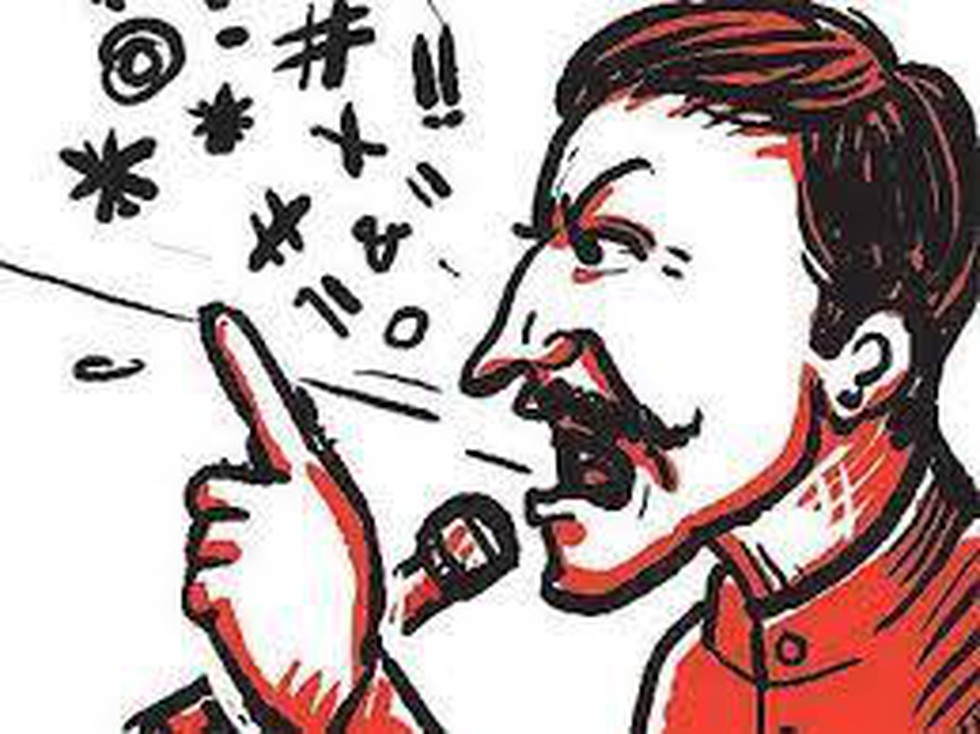HATE SPEECH LAWS IN INDIA
Author – Shubham More, Student at National Law Institute University, Bhopal
Best Citation – Shubham More, HATE SPEECH LAWS IN INDIA, ILE JUDICIAL AND LEGAL REVIEW, 1 (1) of 2023, Pg. 74-79, ISBN – 978-81-961120-0-4.
INTRODUCTION
Hate Speech laws in India were made keeping in mind the fact that, the goal is to prevent friction between any communities of any race, religion, caste, residence or any other grounds whatsoever. The ‘communal atmosphere’ is created by hate speech, the state is empowered to punish such offenders and deal with such kind of speech. But to prevent such laws from being a dead letter, just the adequacy of law is not enough as it also demands political will and administrative resolve.
India restricts the freedom of expression expressly hate speech via several sections under the Indian Penal Code, the Code of Criminal Procedure and some other laws. In its most recent view, “We cannot restrict people’s fundamental rights because they are precious rights protected by the Constitution”, a bench led by Justice RM Lodha ruled in 2014. The bench added that because India is a mature democracy with 1280 million citizens and 1280 million points of view, each individual is free to disagree with the views of others. The court further stated that perception is key and that what one person finds offensive may not be to another.
So, the questions that stand today before us and the court are, where does a line have to be drawn to strike a balance between securing freedom of expression and restricting the same for national security and harmony? Friction between freedom of speech and censorship is inevitable. The apex point lies in the balance of all relevant factors. No one rule can be acceptable everywhere or to everyone. There cannot be one hard and fast rule except one, that is when in doubt do not let suppression edge over expression.
